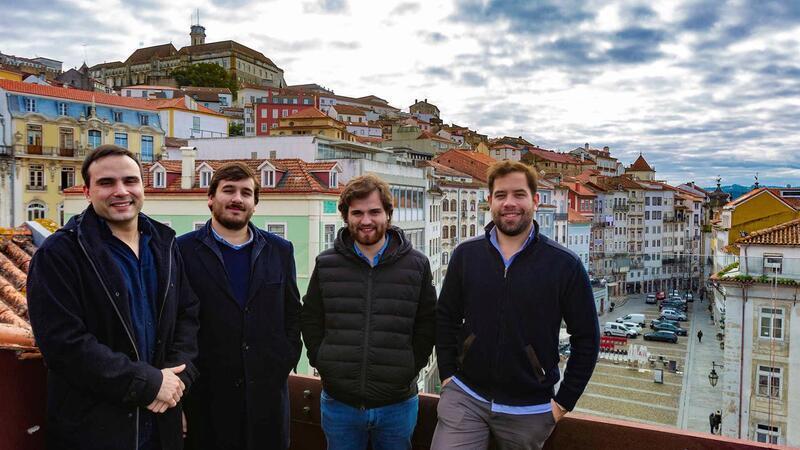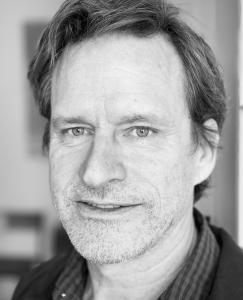The Loop makes circular economies more accessible in Portugal to promote sustainable shopping
The Loop, a Portuguese start-up, began with a simple idea — helping Portuguese families save money by creating a system to buy back and resell textbooks. Book in Loop, started in 2016, makes it possible to sell back used textbooks and buy used ones at lower rates.
The next project was BabyLoop — helping families save money by creating a system to buy back, recondition, and resell things like car seats and strollers.
Since then the Loop has morphed into something bigger and more complex. It’s a company with more than 100 employees in a building in central Coimbra. It operates both as a green tech company and a think tank, churning out ideas and concepts as well as software and hardware. All that is aimed at the goal implicit in the name Loop: A truly circular economy where things are used and reused and not just consumed and abandoned.
Beginning in 2021, the company began a strategy of “circularity as a service,” reselling the expertise it had developed in its first two ventures.
“We had a framework of software and logistical services dedicated to the reconditioning of products, along with analytics,” says one of the founders, Ricardo Morgado. “So we decided to provide this as a service — enabling circular economies for other companies.”
Resell and reuse products
The Loop calls this serviceLoopOS.The Loop sells a software package and platform that can be customized to companies that want to buy back their used products from customers and then resell them. The service is offered on a subscription basis.
He used Levis as an example of a company that has embraced this approach. Levis.secondhand.com buys back used Levi’s, reconditions them, then resells them. The Loop’s system includes the possibility of using the Loop’s facilities to do the reconditioning, depending on the product.
That has become a central part of the Loop’s business strategy, but it’s not the only part.
“Technology for circular economy is basically what we do now,” Ricardo says. “But we are also working with other companies on other technologies, from reverse vending machines to a new system to try to make bulk buying more easy and intelligent.”

The Loop’s team
Reverse vending machines promise to become a common sight in EU countries in the next couple of years as directives on single-use plastic bottles come into effect. Often seen outside grocery stores, these machines allow consumers to deposit their bottles and receive a store credit or cash.
“In Portugal, a lot of pilot projects are happening now, and we are technological partners in three of those principal projects,” Ricardo says. “Right now, there are 50 machines running software developed by us.”
A better way for bulk shopping
That software provides data about the bottles collected and the money or credit dispensed, from the store’s collection point to the recovery system to the municipal authorities.
The Loop is also developing its own system for bulk shopping that would include “smart” containers that use near-field communication tags. They allow tracking throughout the supply chain.
Consumers would buy their products —be it cereals, nuts, or even laundry soap — in these containers, paying a deposit, and then return them to the store when empty for a refund, saving massive amount of packaging from the original point of shipping to the point of sale.
The tracking system would include information on how many times the container had been used, when it was loaded, and from what specific batch of product, making recalls easier if necessary, for example.
“We know for retailers there’s a very big incentive to eliminate single-use packaging. And bulk can be a solution,” says Ricardo. “But it’s very complicated and we want to eliminate that.”
Book in Loop was a finalist in the 2018 Social Innovation Tournament, sponsored by the EIB Institute to promote solutions to social and environmental problems. The Loop and its other programmes have won numerous other awards.
Loop’s founders didn’t come from business backgrounds. Two of them studied law, one took advanced studies at Stanford in astrophysics, and Ricardo Morgado has a background in biomedical engineering. He left a career in the pharmaceutical industry to join the Loop when it was still just Book in Loop.
“I remember at the time telling my parents I was leaving pharma to sell used books and my parents were very confused by that decision,” he says. “But it was the best decision of my life. … I had a feeling at the time it wouldn’t not just be only the books.”
